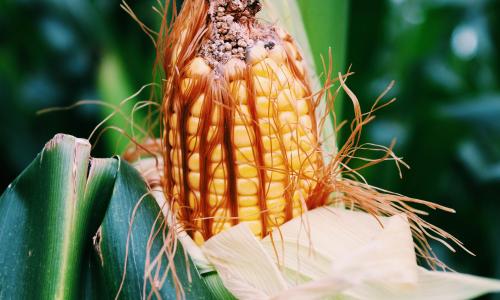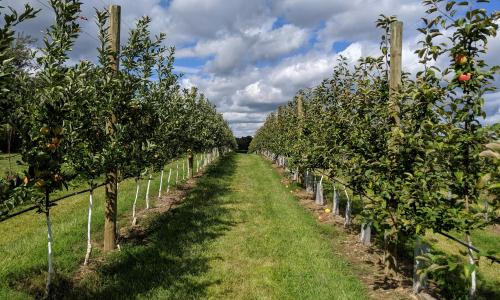Potash is one of the most important mineral resources supplying crop nutrition in modern agriculture. Its benefits in enhancing crop productivity, improving soil health, and ensuring sustainable farming practices have made it an essential fertilizer for farmers worldwide.
The Benefits of Potash in Agriculture
Potassium serves as an essential nutrient for optimal plant growth and development, along with other essential nutrients like nitrogen and phosphorus.
Potassium plays a key role in improving crop yield and quality through the development of strong roots, stems, and plant vigor, making crops more resistant to disease and stress. Potash helps plants efficiently uptake water and other nutrients, leading to higher crop productivity.
Potassium strengthens plants' immune systems making them more resistant to pests and diseases. By enhancing the plant's natural defenses there is reduced need for chemical pesticides, promoting sustainable farming practices.
Common Potash Mining and Extraction Techniques:
Potash mining often involves extracting the mineral from underground deposits by two methods.
1. Conventional Mining: This method involves underground mining to access potash deposits. The potash is physically extracted and brought to the surface for further processing.
2. Solution Mining: Solution mining involves the injection of brine (salt and potash) into deep underground potash deposits dissolving the potash. The resulting brine is brought to the surface and processed to extract potash.
North America Potash Resources:
North America faces challenges in meeting potash demands, relying on imports from international sources. Efficient mining practices and new extraction methods will improve local supply for future generations.
Sage Potash's Unique Mining and Manufacturing Approach:
Sage Potash, located in The Paradox Basin (Utah) is emerging as a company with a promising potash supply developed using sustainable approaches.

Sage Potash will employ efficient solution mining techniques that minimize ground surface disturbance and reduce water usage, an approach that is more environmentally friendly compared to traditional methods. The company will also reuse waste brine created during potash production to reduce waste generation.
Sage is committed to reclaiming the land after mining, minimize greenhouse gas emissions, manage water responsibly, and conserve the local ecosystem and surrounding communities.
In addition to its sustainable mining and manufacturing practices, Sage Potash sets itself apart by customizing its potash fertilizers to be concentrated according to regional soil and crop requirements, which is possible through their mechanical extraction process.
By investing in local potash sources, we can improve the resilient agricultural sector in The U.S. that meets producer demands for high quality potassium resources.
For more information, visit www.sagepotash.com.



